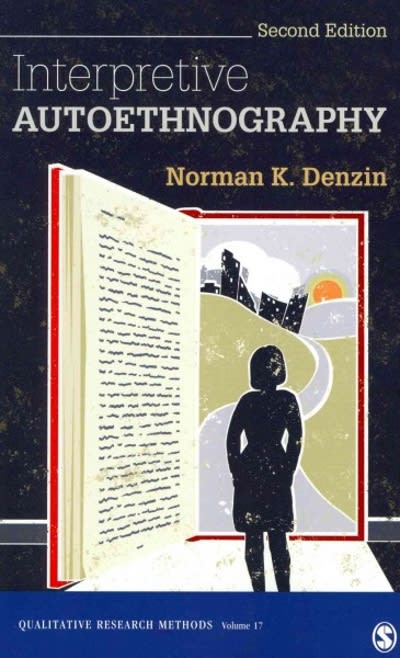Question
what response could be formulated to this post using two in text ciations> The two theories of cognitive development that have been widely discussed and
what response could be formulated to this post using two in text ciations>
The two theories of cognitive development that have been widely discussed and studied are Jean Piaget's theory of cognitive development and Lev Vygotsky's sociocultural theory. Piaget's theory highlights the relationship between a person and their environment, according to Piaget's hypothesis, is what most influences how a person's brain develops. "According to Piaget this is because knowledge is always acquired and interpreted through whatever mental structures currently exist." (Galotti, 2018). For example, the through four stages of cognitive development: sensorimotor, preoperational, concrete operational, and formal operational. He also believed that as they engage with their surroundings, actively investigate, and control items, he thought that infants build their understanding of the world through absorption and accommodation.
On the other hand, Vygotsky's sociocultural theory places a strong emphasis on how social interaction and cultural background affect cognitive development. More or less Vygotsky believed that people learn via encounters with more experienced people who offer direction and support. He went on to "introduced the concept of the Zone of Proximal Development, to account for the fact that children can often perform in more advanced ways with guidance from, or collaboration with an adult." (Galotti, 2018).
In terms of which theory best describes cognitive development, I find it crucial to understand that people develop intellectually through a combination of both independent inquiry and social engagement. Although you may find that Vygotsky's theory emphasizes the significance of social interaction and culture in cognitive development, whereas Piaget's theory emphasizes the significance of individual discovery and experience. Instead of seeing these theories as opposing, it would be better to see them as complimentary.
Reference
Galotti, K. (2018). Cognitive Psychology In and Out of the Laboratory, 6th Edition (6th ed.). SAGE Publications.
Step by Step Solution
There are 3 Steps involved in it
Step: 1

Get Instant Access to Expert-Tailored Solutions
See step-by-step solutions with expert insights and AI powered tools for academic success
Step: 2

Step: 3

Ace Your Homework with AI
Get the answers you need in no time with our AI-driven, step-by-step assistance
Get Started


